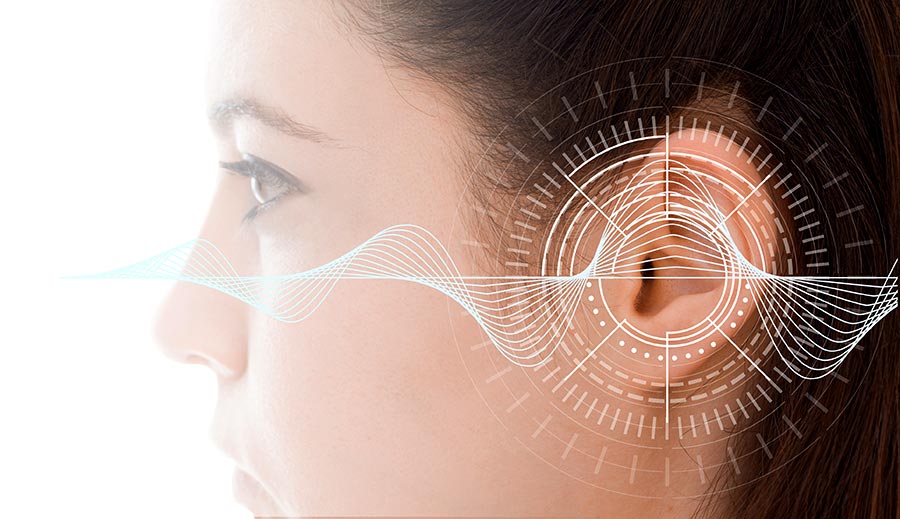Hearing loss is one of the most common conditions affecting Americans today. It is estimated that 36 million people report hearing difficulty- this includes 17% of the adult population. Approximately one third of Americans between ages 65 and 74 have a measurable hearing loss. Unfortunately, only 20% of people with hearing loss actually seek help.
Individuals often delay treatment until communication is nearly impossible. On average, people who need hearing aids often wait over ten years from initial diagnosis, to be fit with their first pair of hearing aids. At onset, individuals often report difficulty hearing and understanding speech in noisy environments.
Untreated hearing loss is directly associated with diminished cognitive function, poorer mental health, and social withdrawal. A nationwide survey of 4,000 adults with hearing loss compiled by the National Council on Aging (Kochkin & Rogin, 2000) found significantly higher rates of psycho-social disorders including depression and anxiety in individuals with untreated hearing loss.
Similarly, a study at Johns Hopkins University found that cognitive decline was 41 percent greater in older adults with hearing loss.
There is a direct link between untreated hearing loss and the risk of developing dementia
Individuals with mild hearing loss were twice as likely to develop dementia, those with moderate hearing loss were three times as likely, and those with severe hearing loss were five times as likely to develop dementia when compared to individuals with normal hearing.
Early identification and treatment of hearing loss can help mitigate the consequences of hearing loss on an individuals quality of life. Call us today to move one step closer to better hearing and a healthier lifestyle.

